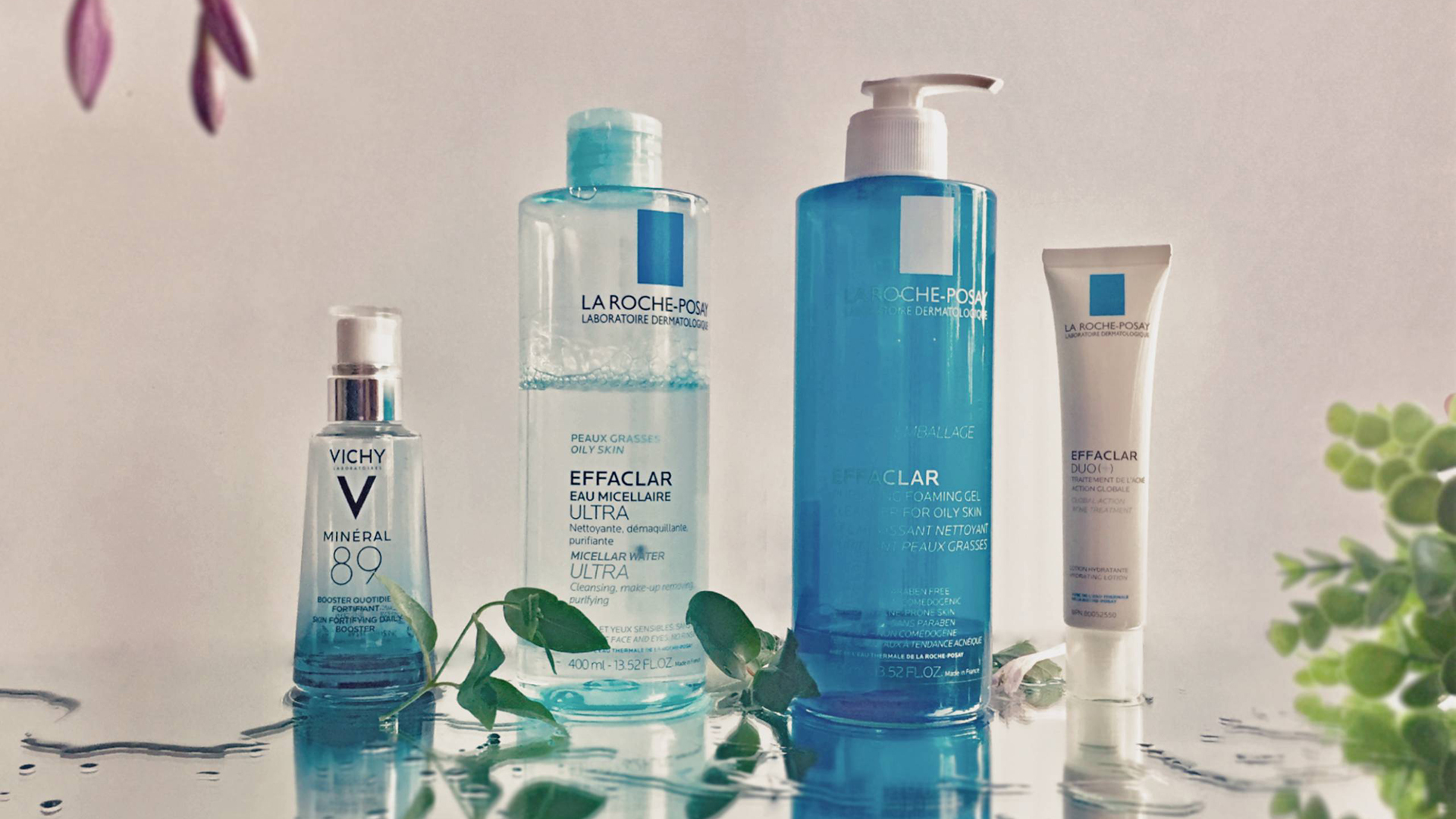Your first year at university can be challenging, given the drastic change in your environment. You may neglect taking care of your skin in exchange for a few extra hours of studying for that exam. However, this may do more harm than good — after all, our skin protects us. Without a proper skincare routine, some problems may arise concerning your skin and its protective ability.
With all of the products we see in the media nowadays, it may seem really difficult to come up with a skincare routine, but fret not: this article will describe a simple, effective, and affordable routine that will take up only a few minutes of your day.
The first step to any routine is to clean your face with water. This should be done at least twice a day: once in the morning to remove any sweat or oil on your face that came from your pillow, and once in the evening to wash off any sweat accumulated throughout the day. Don't rub your face too aggressively since this may irritate your skin.
After you've washed your face, it's time to apply your cleanser. Cleansers can be more effective than water at removing dirt and they prevent excess oil production, which can cause blemishes. Hydrating cleansers are suitable for all skin types.
To use a cleanser, massage it into your damp face for about a minute, wash it off, and pat your face with a dry towel. Cleansers can be used once or twice a day depending on how your skin feels. They should probably be used every evening, but be careful not to overuse them — using them too heavily can irritate your skin.
The next step is to moisturize. Moisturizers help protect the skin against extreme dryness and oiliness, both of which can cause acne breakouts. Products that have natural ingredients are recommended so that your skin does not get irritated. Make sure you apply them consistently and evenly.
Finally, after your morning skincare routine, don't forget to put on some sunscreen! Applying SPF 30 sunscreen is a step that is often overlooked. Even if the day isn't especially sunny, long-term exposure to the ultraviolet rays that are always present in sunlight can cause skin damage.
All in all, your skincare routine doesn't have to be as intensive as those that you've seen on TV or heard about from your favourite celebrity. Sometimes, the simpler the routine, the better.
